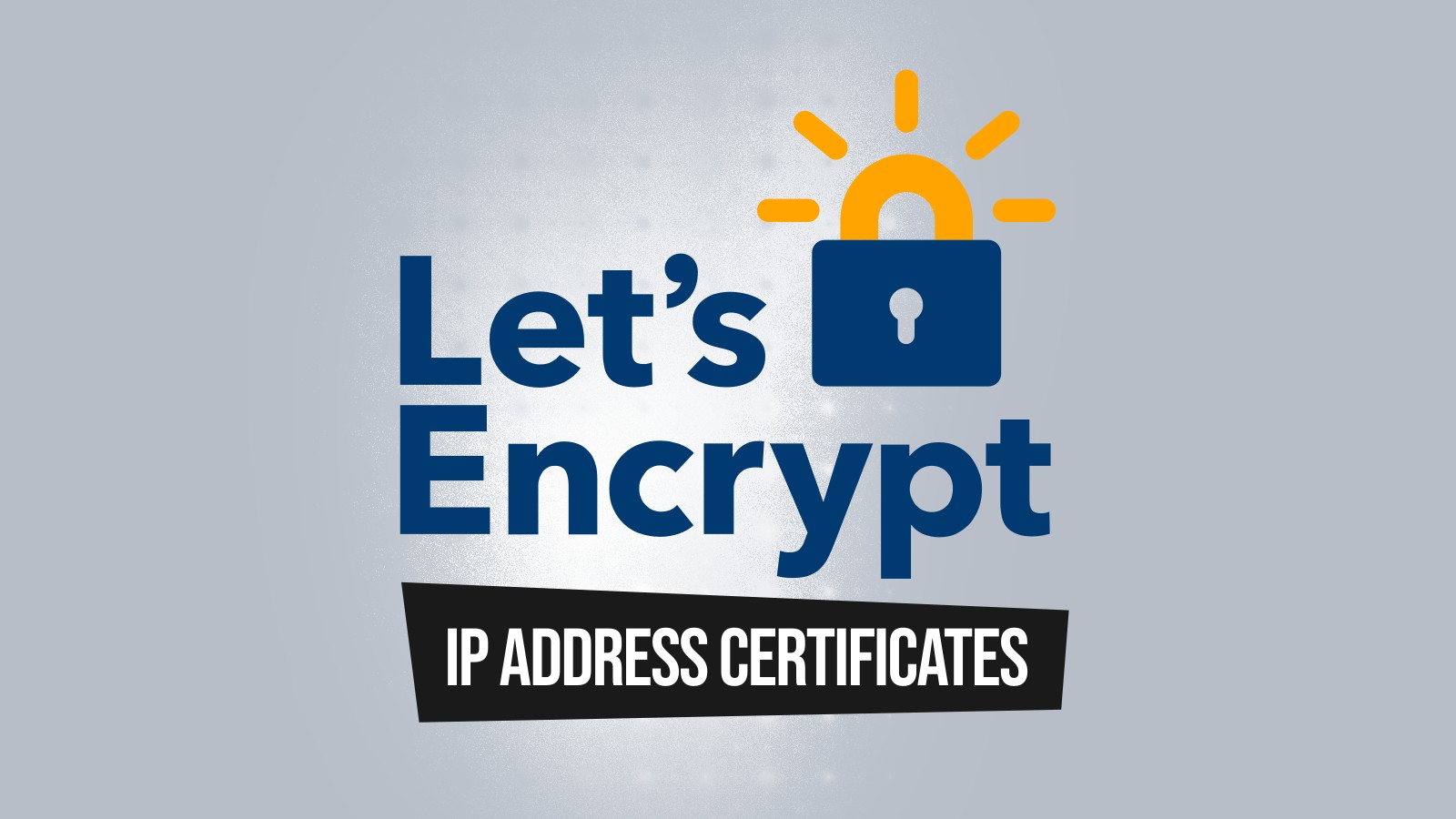Who benefits from this? Even though Let’s Encrypt stresses that most site operators will do fine sticking with ordinary domain certificates, there are still scenarios where a numeric identifier is the only practical choice:
Infrastructure services such as DNS-over-HTTPS (DoH) – where clients may pin a literal IP address for performance or censorship-evasion reasons.
IoT and home-lab devices – think network-attached storage boxes, for example, living behind static WAN addresses.
Ephemeral cloud workloads – short-lived back-end servers that spin up with public IPs faster than DNS records can propagate.



Can I get a cert for 127.0.0.1 ? /s
How many bits is a /s mask?
i
Is that the same
ias the squareroot of -1?If you can get their servers to connect to that IP under your control, you’ve earned it
The down votes are from people who work in IT support that have to deal with idiots that play with things they dont understand.
It’s unfortunate they don’t know what /s means
It obviously means “secure”
How do I setup a reverse proxy for pure TCP? /s
Think that’s called NATing
You can based on the port.
nah, I was once an idiot who didn’t understand so idgaf
Yeah, the unfortunate part about internet security is that everyone has to start somewhere. And that means there’s always a newbie making dumb mistakes that they don’t even realize are dumb. It’s not a personal failing, unless they fail to learn from it.
Is /s more or less IPs than /24? I need lots of IPs in case I want to expand
This would actually be useful for local testing of software during development.